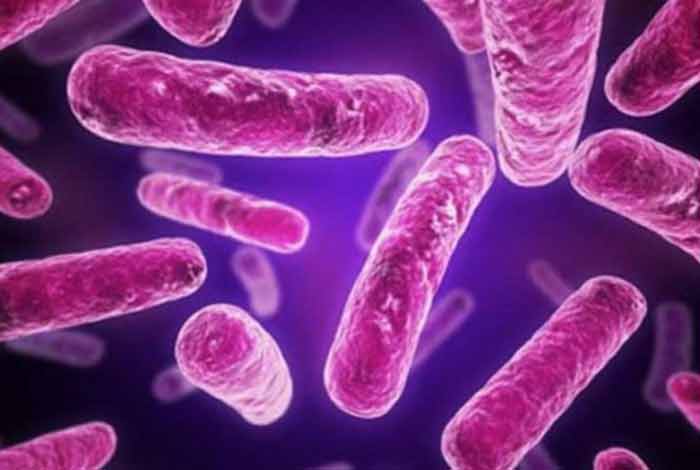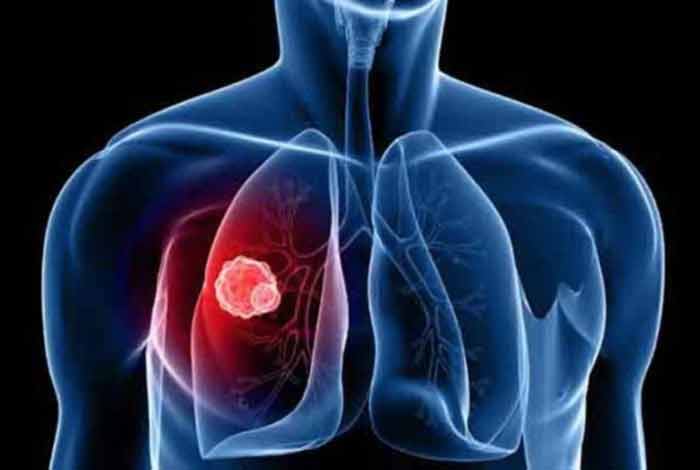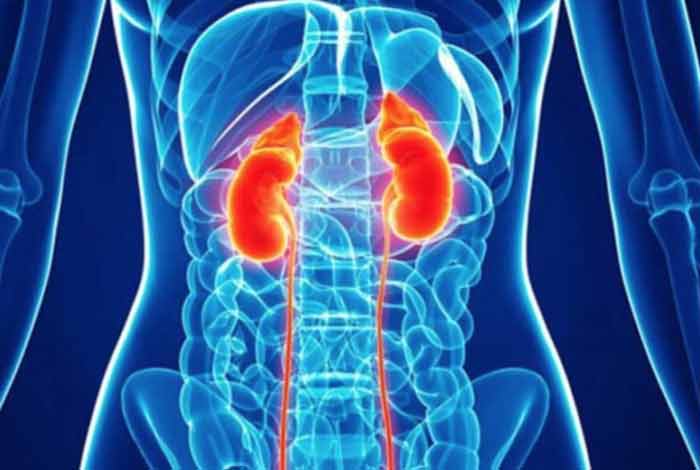
Body odor could mean you have a disease. Researchers have found that certain illnesses including cancer, Parkinson’s disease, and multiple sclerosis, give particular odors, according to Alan Hirsch of the Neurological Director of the Smell & Taste Research and Treatment Foundation, Chicago. Though scent tests to diagnose diseases are not ready for present time, research is being conducted to make it possible in the coming days.
Diseases can change the way the body works, according to Yehuda Zeiri, a biomedical engineer at Ben-Gurion University’s Kiryat Bergman Campus in Be’er-Sheva, Israel. When disease leads to the initiation of new biochemical processes in body, these processes may lead to the production of small volatile compounds. Zeiri further says that these can be transported by blood to the lungs and can be released in exhaled breath. Also, they can be released in urine and sweat.
Researchers are developing different ways to detect the scent diseases. There is an evidence that the scent may have markers for lung cancer, diabetes, breast cancer, melanoma, and many more. In the future, it is possible that doctors may be able to detect cancer, kidney disease, diabetes, and other conditions solely through smell—and quite before other symptoms appear.
Here are some of the diseases that doctors can detect through smell:
Preeclampsia
Pregnancy-linked high blood pressure is referred to as preeclampsia. It is an early warning sign of eclampsia. So, it is important to detect the condition early. A study published in the Advanced Materials Science showed that researchers could detect preeclampsia with 84% accuracy depending on mother’s “breathprint.” Like our fingerprint, our breath has unique markers that can tell a lot about health. There are some other conditions that can be a precursor to some other heart conditions.

Lung Cancer
Research indicates that lung cancer can be detected by smell, Dr. Hirsch says. A breathalyzer-type device called “NaNose” gives 90 percent accurate result with diagnosing lung cancer. This device can detect a special “odor” emitted by the cancer cells. Doctors can use the same technology to detect Parkinson’s disease, cancers, multiple sclerosis, kidney failure, and Crohn’s disease. This report was published in the journal ACS Nano.
Kidney Failure
Release of ammonia while breathing out is a sign of kidney failure. University of Illinois researchers have developed a disposable device that can detect kidney failure and potentially tell people to see a doctor.
In the clinics, physicians use heavy instruments to detect these compounds. We want to hand out a cheap sensor chip to patients, so they can use it and throw it away,” says professor Ying Diao, a professor of chemical and biomolecular engineering at Illinois, in a news release.
Liver Failure
When the liver stops working and processing toxins, there are chances that contaminants will accumulate in the urine, perspiration, and breath. It will smell like raw fish.
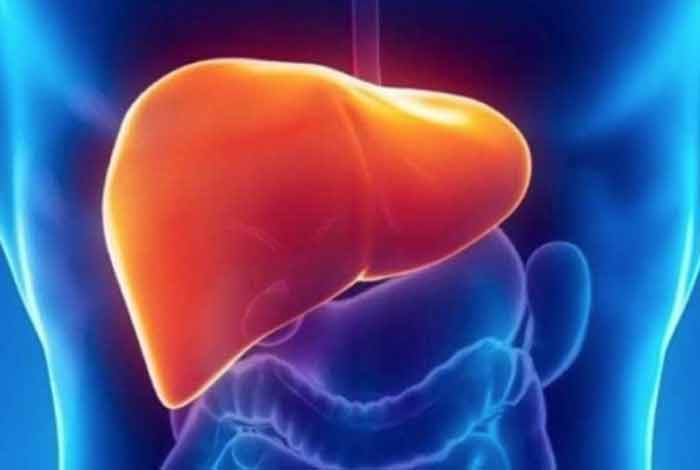
Multiple Sclerosis
Multiple sclerosis (MS) is an autoimmune disease, where the body begins attacking its own central nervous system. The resulting nerve damage can cause tingling, numbness, and problems with gait and vision.
This condition is often diagnosed through magnetic resonance imaging of the brain, but MS may have its own breathprint, according to a review report in the journal ACS Chemical Neuroscience. In the study, researchers collected exhaled breath from 146 people suffering from MS and 58 people without this disease.
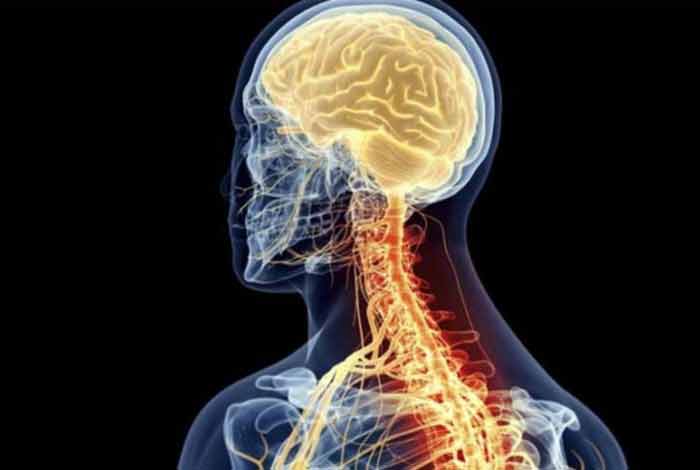
Gum Disease
If there is an infection in the gums, the bacteria produce waste products like hydrogen sulfide, which smells like a rotten egg. This smell tells the doctor that the person might be having gum disease or a dental abscess. This can be hidden in a crevice which is hard to detect through X-ray imaging, but the odor can make your dentist tell you to go for a panoramic X-rays to find the cause.
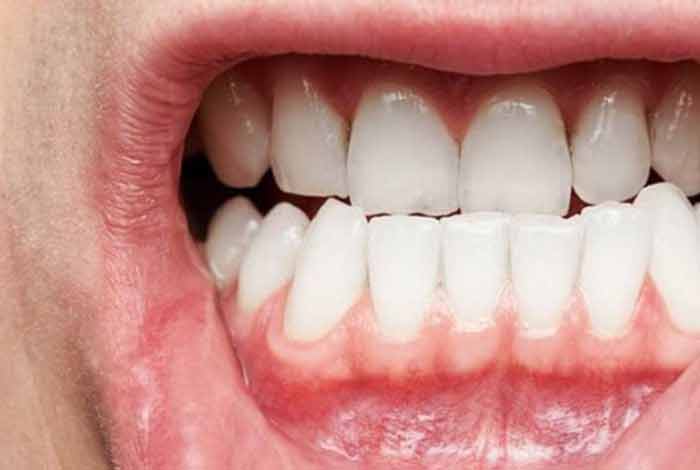
Diabetes
People with diabetes may have a fruity smell to their breath. This can be a sign of diabetic ketosis, a condition that is caused when there is a lack of insulin in the body or it isn’t used correctly. This condition may lead to burning of fat to get energy. Lack of early detection and treatment may lead to fatal ketoacidosis.
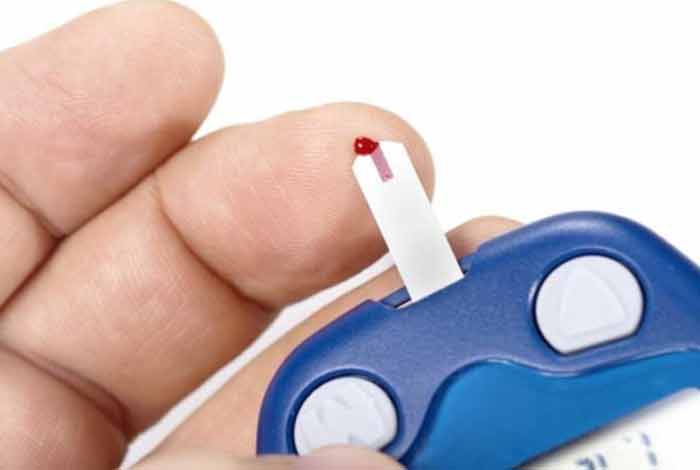
Psychiatric Illness
Bad breath is often associated with schizophrenia and other types of psychosis. People having this condition are fearful of others and are not willing to take bath. This condition may reoccur in absence of proper self-care.
Scientists have recently identified a gene that can cause schizophrenia, which opens the door to new treatments.

Trimethylaminuria
Also called fish-odor syndrome, trimethylaminuria is a very rare metabolic disorder which occurs when a person cannot digest certain foods, including liver, eggs, legumes, some vegetables, and fish. As the foods remain undigested in intestines, trimethylamine builds up and is excreted in bodily fluids like saliva and sweat. It smells like a rotting fish, urine, days-old garbage, or rotten eggs. It’s not a life-threatening condition, but the unpleasant odor can lead to social isolation, depression, and emotional disorders.

Infectious Disease
Worried that you should maintain some space between you and your co-worker who might be infected with flu? Give them a sniff, according to a study in the journal Proceedings of the National Academy of Sciences. The participants of the study could identify sick and healthy people by smelling their body odor and looking at the photographs of their faces for visual signs like skin pallor.
